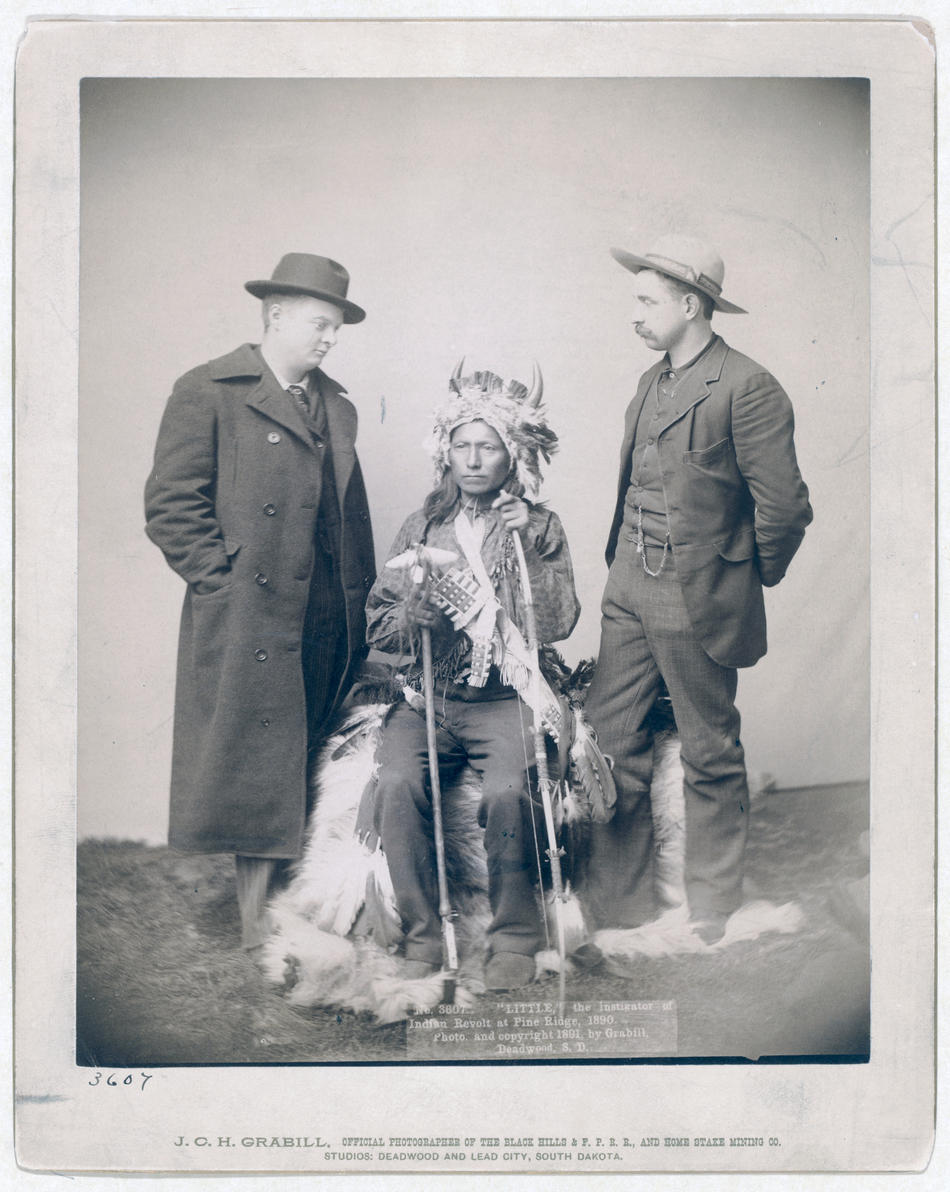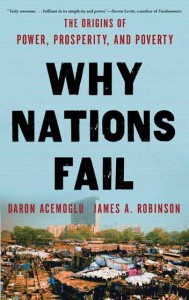Understanding why companies succeed or fail is critical to our investing success. Broaden your reading to include international politics and economics. I don’t agree with everything the authors say but I find Why nations Fail (video lecture): http://www.youtube.com/watch?v=IRAkz13cpsk&feature=related fascinating. Click to see the lecture by one of the authors.
A Summary of the Book
1. So Close and Yet So Different: Nogales, Arizona, and Nogales, Sonora, have the same people, culture, and geography. Why is one rich and one poor?
2. Theories That Don’t Work: Poor countries are poor not because of their geographies or cultures, or because their leaders do not know which policies will enrich their citizens (or the leaders may know but seek to preserve their own interests).
3. The Making of Prosperity and Poverty: How prosperity and poverty are determined by the incentives created by institutions, and how politics determines what institutions a nation has
4. Small Differences and Critical Junctures: The Weight of History: How institutions change through political conflict and how the past shapes the present
5. “I’ve Seen the Future, and It Works”: Growth Under Extractive Institutions: What Stalin, King Shyaam, the Neolithic Revolution, and the Maya city-states all had in common and how this explains why China’s current economic growth cannot last
6. Drifting Apart: How institutions evolve over time, often slowly drifting apart
7. The Turning Point: How a political revolution in 1688 changed institutions in England and led to the Industrial Revolution
8. Not on Our Turf: Barriers to Development: Why the politically powerful in many nations opposed the Industrial Revolution
9. Reversing Development: How European colonialism impoverished large parts of the world
10. The Diffusion of Prosperity: How some parts of the world took different paths to prosperity from that of Britain
11. The Virtuous Circle: How institutions that encourage prosperity create positive feedback loops that prevent the efforts by elites to undermine them
12. The Vicious Circle: How institutions that create poverty generate negative feedback loops and endure
13. Why Nations Fail Today: Institutions, institutions, institutions
14. Breaking the Mold: How a few countries changed their economic trajectory by changing their institutions
15. Understanding Prosperity and Poverty: How the world could have been different and how understanding this can explain why most attempts to combat poverty have failed


